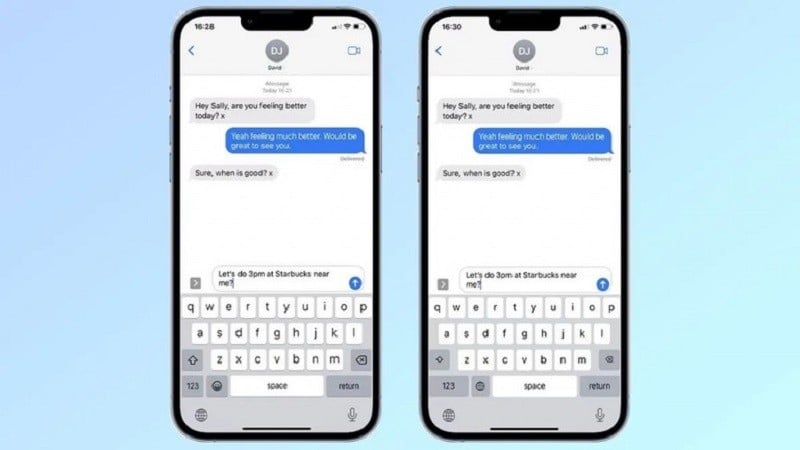Keylogger or 'keyboard loggers' are being exploited by hackers to bypass strict security walls on Apple devices.
According to a report by Russell Kent-Payne, Director of mobile security company Certo Software, hackers are taking advantage of this loophole to record private messages, browser history as well as passwords of iPhone users.
Research into the new threat began after several recent reports of cyberattacks on iPhone users. During the investigation, experts discovered that all affected devices had a malicious third-party keyboard app installed.
What makes this new attack by hackers unique is that it doesn't require direct device hacking or gaining access to iCloud, but instead uses Apple's TestFlight platform to distribute the malicious keyboard software because apps on the TestFlight platform are not required to go through the same rigorous security review process as those on the App Store.
Apple has long required apps to pass a security review before they can be installed on iPhones and iPads in the App Store. This review prevents malicious apps from getting onto devices and doing harmful things.
However, TestFlight is a tool created by Apple to help developers distribute unofficial (beta) applications to a select number of users before they are officially released on the App Store to everyone.
Once the malicious keyboard is installed on the user's device, it will automatically replace the default iPhone keyboard with an interface similar to the original keyboard. The malicious keyboard will act as a keylogger and automatically record everything the user types and will send the data to the hacker's server.
 |
| The default iOS keyboard interface on the left and the malicious keyboard that acts as a hacker's keylogger on the right. |
To check if your iPhone has a malicious keyboard installed, iPhone users need to open Settings, go to Keyboard and check the list of installed keyboards.
If you find an unfamiliar keyboard with Full Device Control enabled, it could be a cause for concern. In this case, iPhone users should remove suspicious keyboard apps.
iPhone users should also consider using antivirus software on their Macbook computers, as they can scan the iPhone or iPad for malware if the device is connected to the Macbook via USB.
Apple has yet to officially comment on this hacker attack method, so iPhone users need to pay attention to the latest patches to promptly update their devices.
Source





































































































Comment (0)